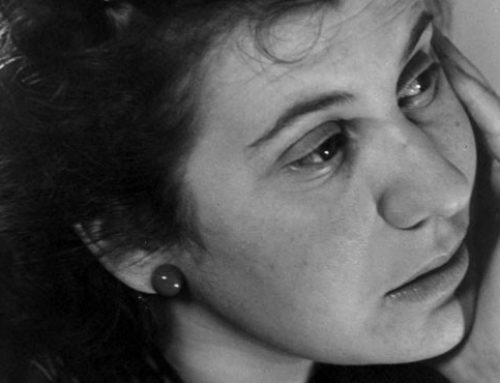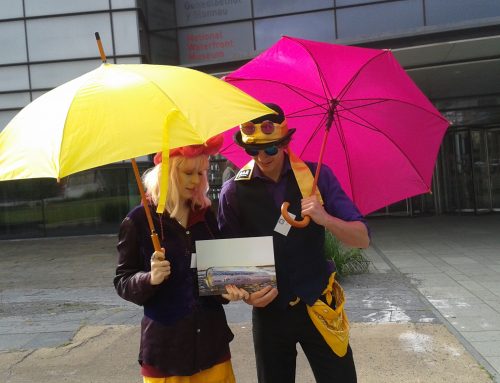
4th Day of Christmas Catch-Up Blog
Another day, another piece of paper covered in my scribbled notes, this time from a workshop I attended at the Freud Museum with Salman Akhtar on the 20th November.
This was not so much a workshop as a compelling lecture delivered over two hours, without notes, in a style that was almost hypnotic by an Indian Muslim secular psychiatrist-poet living in the US. I recommend looking him up on YouTube.
The day began dramatically with Storm Angus closing all railway lines east of Ashford, entailing a dawn drive through fallen branches and wild winds from Canterbury in the hope of a hi-speed from Ashford International. Thanks to FB, I discovered that a friend from Sandwich had also booked to attend and we felt intrepid as we met on the first train out.
That’s a story and in the tradition of Freudian case-studies, Salman told us many stories about his patients and own experiences.
Here’s a story I’ve told before about my own reading:
My parents left school early and weren’t readers but somehow knew books were a key for me and every Saturday I was dropped at the public library (in Ashford as it happens – we lived in a nearby village) while my mum shopped. When I graduated to the Adult Library aged around twelve, the number of books was overwhelming so I decided to start at the beginning of the Dewey Decimals with philosophy and psychology, and there discovered and read, without really understanding, Freud’s Lectures on Psychoanalysis and The Interpretation of Dreams. There are many possible corollaries of that story but one, I suppose, is being at that lecture on a stormy day in November.
Here is a stanza from a poem by Pablo Neruda, quoted by Salman.
What is sadder than a train stopped in rain? (I didn’t have the line breaks)
He described how the sentence moves from the intellectual (the question, what is sadder?) to the somatic – we stop and feel physically stopped by the word ‘stopped’. That happens outside time, in the unconscious where there are no contradictions, no emphasis on the linear, where we are, as Salman described, a single raindrop falling onto the eternity of a vast lake.
At the risk of generalising, Freud’s bringing psychology back to the physical, to the body, has something valuable to offer poetry therapy which at times can be too much ‘talking about’ rather than directly feeling. I suddenly remember primary school ‘Music and Movement’ where we would skip and prance around the hall to Mrs Fineman on the piano until the teacher called ‘STOP!’ and we’d stand panting and hyper-alert in random and strange poses.
I decide to look up the poem and find that it is in ‘El Libro de Preguntas’ translated by William O’Daly, and apparently one of eight unpublished manuscripts Neruda left when he died.
William O’Daly translates the lines as:
Is there anything in the world sadder
than a train standing in the rain?
That feels different – the alliterative ds in ‘world’ and ‘sadder’ giving way to the rhyme of train and rain and the more tranquil, patient ‘standing’ rather than the sudden ‘stopped’. The assonance of sadder and standing connects the two lines.
So I hunt out the original Spanish, which goes:
Hay algo más triste en el mundo
que un tren inmóvil en la lluvia?
Here the stresses in the first line are upbeat and rising but the monosyllables of ‘que un tren’ sound heavy and ‘inmóvil en la lluvia’ has the feeling of a sigh or deep grief. Totally different from ‘stopped’ or ‘standing’.
Whoops too many words in this blog and I’ve veered from poetry therapy to translation.
I suppose the poetry therapy thought for the day is that every single word in a poem carries a weight which is somatic, intellectual, emotional and of course, spiritual.
One Comment
Leave A Comment
You must be logged in to post a comment.











Lovely blogpost Vicky .